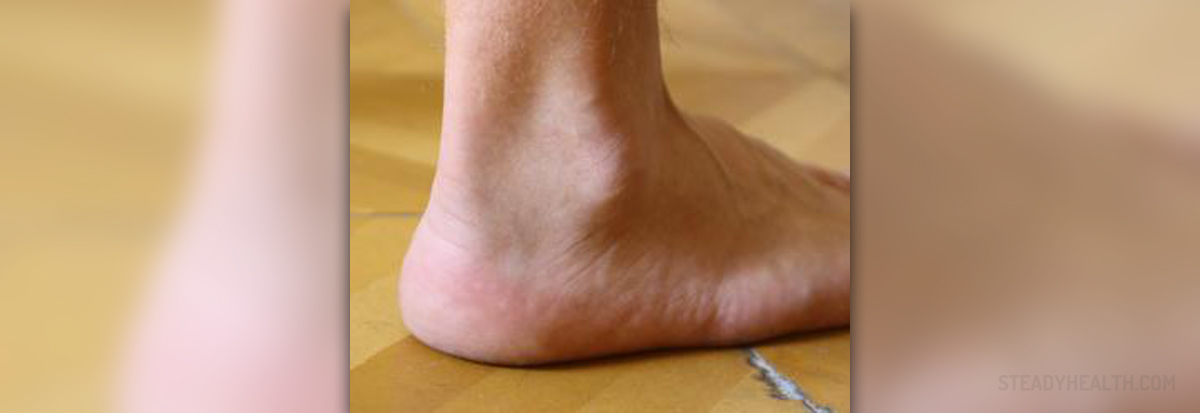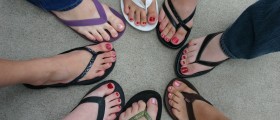
What are the causes of swollen ankles after pregnancy?
This problem can be induced by different factors, but most frequently, it is caused by woman's inactivity. There is also a possibility that this problem will occur due to the increased fluid retention during the period of pregnancy. This fluid can be kept anywhere in the body, and that includes feet. When this happens, it causes feet and ankles to swell and it can be prolonged after the delivery. This health problem is called edema. Another cause of swollen ankles can be problem in the blood flow. When a woman is pregnant, her belly increases and her blood vessels in the legs are under pressure. This is a significant factor that can induce poor blood flow between the legs and the heart and that is the main reason for ankle bulge.
How to decrease swellings after pregnancy?
This problem is treatable even without medical help. However, you will have to make some changes in your diet and your style of living. First of all, you have to hydrate your body regularly by drinking adequate amounts of water. That means that you should take in 12 to 15 cups of water daily. That will help you in reducing the swelling. It is also important to know how to relax and lift your feet while you are resting. Massage is a very good cure for swollen ankles and you should massage your feet often, or your partner can do it for you. You have to be active and exercise every day, but these exercises needn't be very hard for you. An exercise can include walking, swimming or yoga. At last, change your diet and try to eat healthy food. That means, you should avoid salty food and fast food, because eating this can only make things worse.

















Your thoughts on this
Loading...